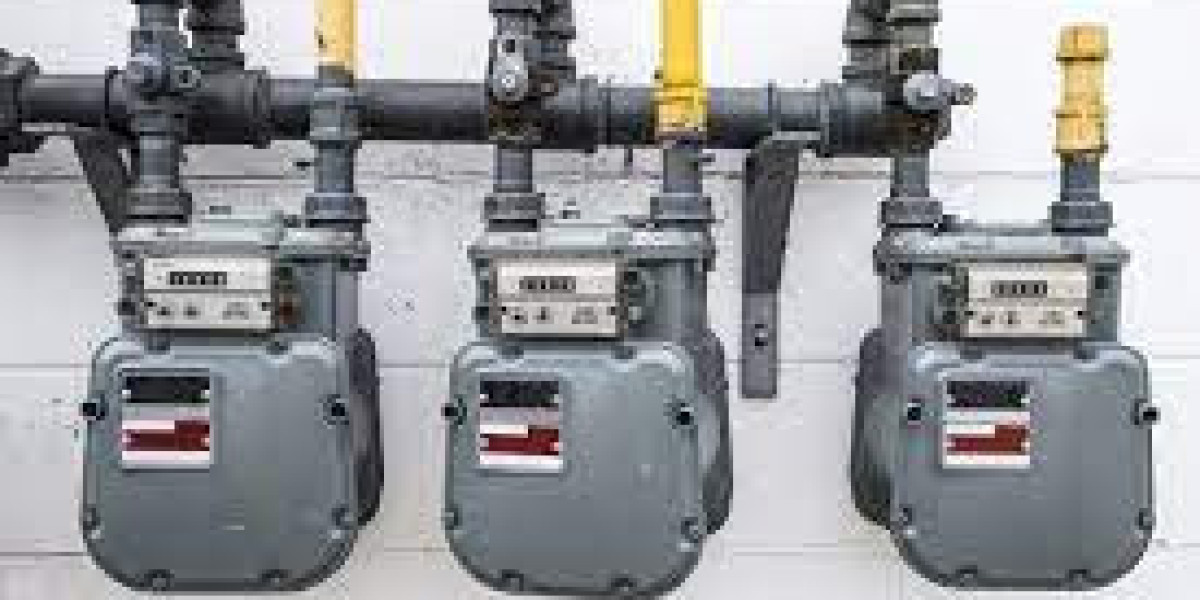Understanding Natural Gas Meters
Natural gas meters, also known as gas flow meters or gas volume meters, are devices designed to measure the volume of natural gas flowing through a pipeline or distribution system. These meters employ various measurement principles, including displacement, turbine, ultrasonic, and diaphragm, to accurately quantify gas consumption based on factors such as flow rate, pressure, and temperature.
Types of Natural Gas Meters
There are several types of natural gas meters available, each suited to specific applications and operating conditions:
- Diaphragm Meters: Utilize flexible diaphragms to separate and measure gas volumes.
- Turbine Meters: Employ rotating turbines to measure gas flow velocity and calculate volume.
- Ultrasonic Meters: Utilize ultrasonic waves to measure gas flow velocity and volume.
- Rotary Meters: Utilize rotating impellers to measure gas flow and volume.
Each type of meter has its unique advantages and limitations, depending on factors such as accuracy requirements, flow rates, and environmental conditions.
The Importance of Accuracy and Reliability
Accuracy and reliability are paramount in natural gas metering, as even minor discrepancies can lead to significant financial implications for consumers and utility providers. Manufacturers of natural gas meters adhere to strict standards and regulations to ensure that their products deliver precise measurements under varying operating conditions.
Calibration and Testing
Natural gas meters undergo rigorous calibration and testing procedures to verify their accuracy and reliability before deployment. These tests involve subjecting the meters to controlled flow conditions and comparing their measurements against known standards to validate their performance. Regular maintenance and recalibration further ensure that meters continue to provide accurate readings throughout their lifespan.
Applications Across Industries
Natural gas meters find application across a wide range of industries and sectors, including:
- Residential: Used for measuring gas consumption in households for cooking, heating, and hot water.
- Commercial: Deployed in commercial buildings, restaurants, and businesses for monitoring energy usage and billing.
- Industrial: Essential for measuring gas consumption in manufacturing processes, power generation, and industrial facilities.
Advantages of Natural Gas Meters
Natural gas meters offer several advantages over alternative energy measurement methods:
- Accuracy: Provide precise measurements of gas consumption, ensuring fair billing and resource allocation.
- Efficiency: Enable utilities and consumers to optimize energy usage and identify opportunities for conservation.
- Safety: Facilitate the early detection of leaks or abnormalities in gas distribution systems, enhancing safety and reliability.
- Cost-Effectiveness: Help reduce operational costs and improve revenue collection through accurate billing and metering.
Conclusion: Enabling Efficient Energy Management
In conclusion, natural gas meters play a vital role in enabling efficient energy management and consumption across residential, commercial, and industrial sectors. By providing accurate measurements, enhancing safety, and optimizing resource utilization, these meters contribute to a sustainable and reliable energy future.



